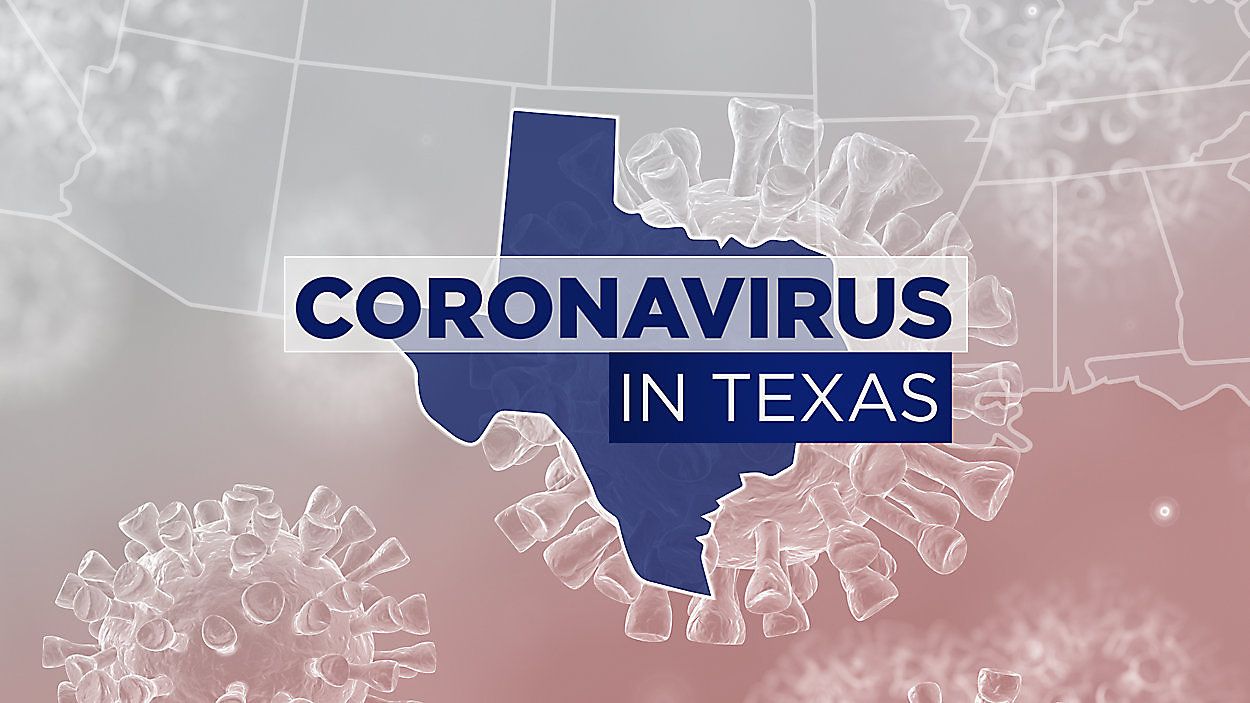TEXAS — It’s another sign that the COVID-19 pandemic is not done with us and is in fact worsening.
The testing positivity rate in Texas is now at 10.2%, marking the highest rate since February, according to state data.
Johns Hopkins University, however, puts Texas’ positivity rate at 11.53%.
While Texas has made strides in the fight against the virus more than half of the state’s population remains unvaccinated. Data studied by Georgetown University researchers identified five large clusters of undervaccinated counties in the U.S. that pose a real threat to efforts to contain the virus. The largest of those clusters comprises a large portion of Texas.
Hospitalizations for COVID-19 are up significantly in Texas as well. According to the Texas Department of State Health Services, 2,938 Texans are currently being treated for the virus in hospitals.
The state on Sunday additionally reported 1,815 new confirmed cases of COVID-19, 286 new probable cases and 11 new fatalities attributed to it.
As of Sunday, according to state data, 14,310,677 Texans have received at least one dose of vaccine and 12,374,935 are fully vaccinated. The state is home to nearly 30 million people.
The biggest threat continues to be the proliferation of the delta COVID-19 variant. Variants, such as the rapidly spreading delta variant, are born of disease transmission, researchers note.
"Variant emergence stems from disease transmission. Every disease transmission event creates an opportunity for a new variant to transmit to another host and take hold in a population. Therefore, curbing transmission events is our best recourse to prevent variant emergence,” Georgetown researchers noted in their recently published data study.
Experts say the delta variant spreads easily because of mutations that make it better at latching onto cells in our bodies.
The good news is studies have shown that the available vaccines work against variants, including the delta variant.



